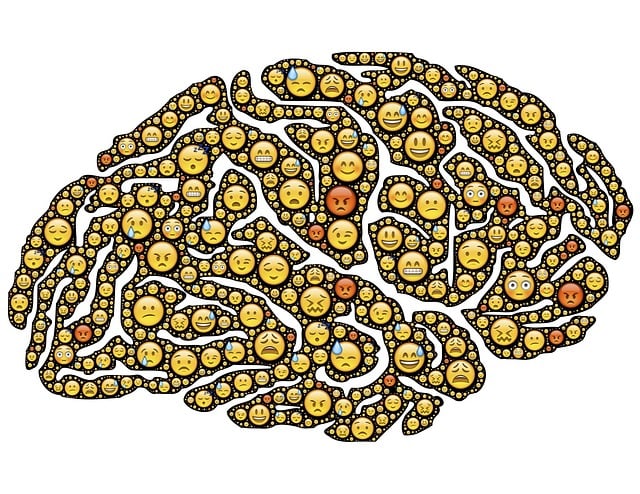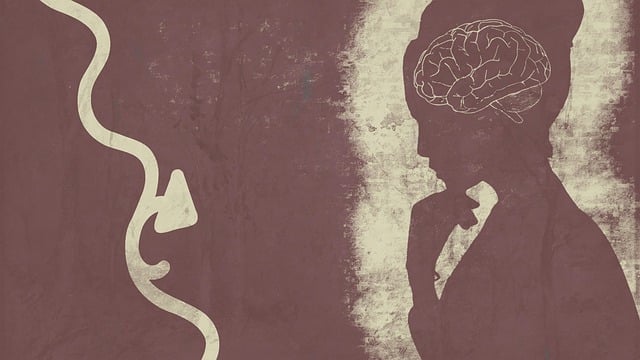Positive thinking is a powerful tool to protect and support children affected by abuse or neglect. Early therapy focusing on cognitive behavioral therapy (CBT) teaches kids to challenge negative thoughts, boosting resilience and emotional regulation. Safe spaces are crucial for expressing emotions freely. Evidence-based techniques like Social Skills Training and confidence-building activities enhance mental health development through emotional regulation and improved self-perception. Success in therapy is measured by emotional regulation skills and public awareness campaigns that prevent future abuse.
Positive thinking exercises offer a powerful therapy for young children, particularly those who have experienced child abuse. This article explores the transformative impact of positive thinking on children’s well-being. We delve into understanding the science behind positive thinking, identifying negative thought patterns common in young minds, and creating safe spaces for effective practice. We present evidence-based techniques for mental health support and outline how to measure success. By implementing these strategies, educators and caregivers can foster resilience and promote healthy development.
- Understanding Positive Thinking and Its Impact on Children's Well-being
- Identifying Negative Thought Patterns in Young Minds
- Creating a Safe Space for Positive Thinking Exercises
- Implementing Evidence-Based Techniques for Mental Health Support
- Measuring Success and Long-term Benefits of the Exercise Program
Understanding Positive Thinking and Its Impact on Children's Well-being

Positive thinking is a powerful tool that can significantly shape a child’s future and overall well-being. When implemented early on, it serves as a protective factor against potential challenges, especially in cases of child abuse or neglect. Therapy for young children focused on cultivating positive thoughts and emotions can enhance their mental wellness and resilience. This approach encourages kids to view themselves and the world around them optimistically, fostering a sense of hope and confidence.
In the context of public awareness campaigns and crisis intervention guidance, promoting positive thinking is an effective strategy to prevent and mitigate the effects of child abuse. By instilling optimism and gratitude in children, we can empower them to cope with difficult situations healthily. This simple yet profound practice has the potential to disrupt harmful thought patterns and create a positive feedback loop that contributes to their overall development and mental wellness.
Identifying Negative Thought Patterns in Young Minds

Identifying negative thought patterns early is crucial in the development and well-being of young minds. Many times, children internalize messages from their environment, which can shape their perceptions and self-beliefs. For instance, a child experiencing child abuse or neglect may develop maladaptive thinking, where they start to believe that the world is unsafe and they are unworthy. Such thoughts often manifest as negative self-talk, leading to low self-esteem and even behavioral issues.
Through therapy for young children, mental health professionals can play a pivotal role in risk management planning by teaching them to recognize these thought patterns. By employing techniques such as cognitive behavioral therapy (CBT), professionals help children challenge and replace negative thoughts with more positive and realistic ones. This process not only fosters resilience but also empowers children to navigate their emotions more effectively, thereby enhancing their overall mental health and well-being.
Creating a Safe Space for Positive Thinking Exercises

Creating a safe space is paramount when implementing positive thinking exercises, especially for young children who have experienced trauma or child abuse. This involves establishing an environment free from judgment and pressure, where each child feels secure to express their thoughts and emotions openly. Mental health professionals play a crucial role in cultivating such spaces, ensuring that the practice of positive thinking becomes a therapeutic tool rather than a source of stress or anxiety.
By incorporating Mind Over Matter principles, professionals can help children develop resilience and coping strategies. This process is further supported by effective risk management planning, which considers potential triggers and emotional setbacks. Ultimately, these measures contribute to improving mental health policy analysis and advocacy, ensuring that young individuals receive the best care possible while fostering a culture of positivity and healing.
Implementing Evidence-Based Techniques for Mental Health Support

Implementing evidence-based techniques for mental health support is a crucial step in fostering positive thinking and resilience, especially for young children who have experienced trauma, such as child abuse. Therapy for young children should focus on integrating strategies that promote emotional regulation, cognitive flexibility, and enhanced self-perception. One effective approach is Social Skills Training, which helps children navigate social interactions with confidence, thereby reducing anxiety and improving their overall well-being.
Additionally, incorporating confidence-boosting activities into therapy sessions can have a profound impact. By encouraging positive thinking through affirmations, visualization exercises, and goal setting, young survivors of abuse can begin to reshape their perspectives and build a sense of self-worth. These evidence-based methods not only support mental health recovery but also empower children to thrive in various aspects of their lives, including academic performance and social relationships.
Measuring Success and Long-term Benefits of the Exercise Program

Measuring success and long-term benefits is a crucial aspect of any therapeutic intervention, especially when targeting young children who have experienced child abuse. The positive thinking exercise program’s effectiveness can be assessed through various methods tailored to this delicate population. One way is by observing improvements in emotional regulation skills; children may become better at recognizing and managing their emotions, leading to fewer behavioral issues and enhanced social interactions. This progress can be tracked over time, providing valuable insights into the program’s impact on their overall well-being.
Additionally, long-term benefits extend beyond immediate changes. Public awareness campaigns focused on mental health, such as those stemming from this therapeutic initiative, contribute to a broader cultural shift in understanding and addressing child abuse. Increased Mental Health Awareness can lead to earlier interventions, improved support systems for affected children, and reduced instances of abuse in the future. This holistic approach not only measures individual success but also has the potential to create a ripple effect, positively influencing communities and fostering healthier development for young minds.
Implementing positive thinking exercises as part of a holistic approach to mental health support can significantly benefit children, especially those who have experienced child abuse. By creating safe spaces and employing evidence-based techniques, we can empower young minds to challenge negative thought patterns and foster resilience. The long-term benefits are profound, promoting improved well-being and enhancing their ability to navigate life’s challenges. This approach is a powerful tool in therapy for young children, offering a path towards a brighter and more positive future.














